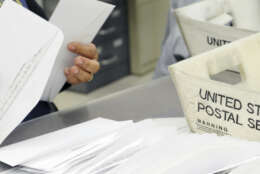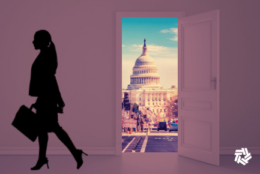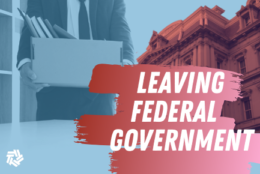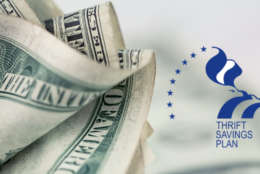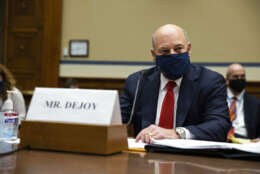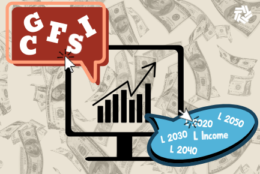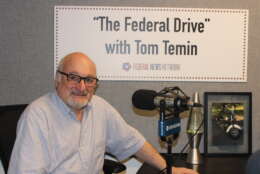Retirement
-
The Postal Service’s early retirement offer has given new (probably false) hope to feds in other agencies who would love to retire early on an immediate but reduced annuity.
March 09, 2021 -
In a recent survey of Federal News Network readers, the vast majority of federal employees said changes in administration have little to do with their retirement decisions, but of course, there are always a few exceptions.
March 08, 2021 -
In today's Federal Newscast, in one of her first moves as Energy Secretary, Jennifer Granholm is reviving one of the agency's largest loan programs for clean energy.
March 04, 2021 -
The number of federal employees that retired in 2020 was the lowest in nearly 10 years. The results of an anonymous survey shows the pandemic and telework have played a role in delaying retirement for some. For others, it's changed their views of their jobs.
March 03, 2021 -
Planning for retirement isn't rocket science, but in some ways it is more challenging because ultimately you'll be riding that rocket however long it takes.
March 03, 2021 -
When they retire, many federal and postal workers pull their retirement nest egg money out of the Thrift Savings Plan. But is that wise?
February 25, 2021 -
The Postal Service, faced with unacceptable delays delivering mail and packages, is “evaluating all service standards” as part of a 10-year business plan.
February 24, 2021 -
Because the Thrift Savings Plan's G fund never goes down, in other words it is “safe." But that also depends upon what you mean by “safe.” When is playing it "safe" actually risky?
February 24, 2021 -
Federal Drive with Tom Temin got the latest from the Executive Director of the National Veterans Legal Services Program, Bart Stichman.
February 17, 2021 -
What do you think you would have done had your crystal ball been working a year ago? Better yet, what will you do the next time?
February 16, 2021 -
Federal retirements dipped to a 10-year low in 2020. With the pandemic changing the way federal employees work and live, are you thinking about your retirement plans differently today? Tell us about your retirement plans in Federal News Network's anonymous, online survey.
February 15, 2021 -
What do the numbers tell us about the size, length and scope of the long-overdue retirement tidal wave? Maybe something. Maybe not much.
February 11, 2021 -
This year’s new twist income tax nightmare comes courtesy of a global pandemic. Frustrated folks are dealing with outcomes of the CARES Act and how it impacts their 401k plan.
February 09, 2021 -
In January 2021, 13,850 federal employees retired, driving the retirement backlog up to 26,968, the highest it's been since April of 2013, when it sat at just above 30,000.
February 08, 2021 -
The golden years can be the best time of your life, but only if you are sure you have all your bases covered.
February 04, 2021

